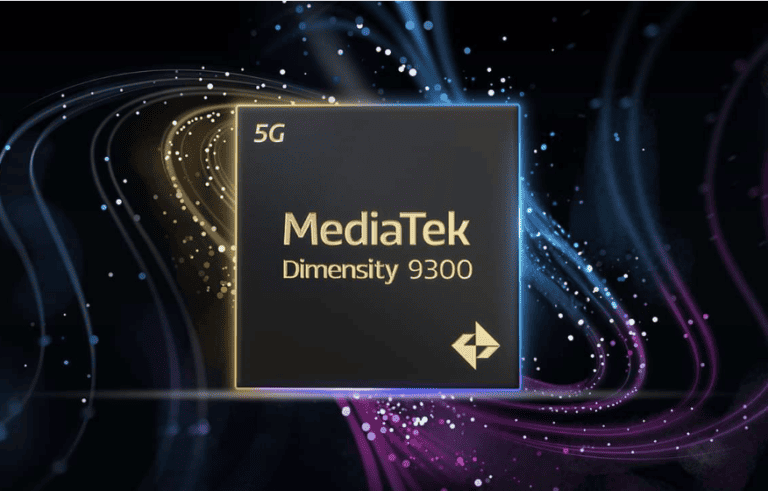MediaTek has a strong tailwind on the Taiwanese stock market. Since June of this year, its shares have risen in value by 40 percent. Analysts predict this trend will continue thanks to a new SoC for smartphones, the Dimensity 9300. The chip is said to handle AI workloads well, even though it seems to overheat within just two minutes.
Both Bloomberg and Fortune report on the stock market hype that has arisen around MediaTek and the new Dimensity 9300 SoC. Both outlets talk about an increasing demand for “edge AI,” which refers to the abilities of desktops, laptops and smartphones to do AI calculations without help from the cloud. Although some computations of generative AI require strong hardware, the predictive performance of AI models (known as inferencing) can now be performed efficiently on local devices.
So too for the Dimensity 9300, described by MediaTek as the “most powerful mobile system-on-chip”, which has already found its way into the new Vivo X100 Pro. OPPO will also deploy it in the Find X7 series. The chip features a design with eight Arm Cortex-X4 cores.
It’s MediaTek’s answer to the Qualcomm Snapdragon 8 Gen 3, which should make its appearance in the OnePlus 12 series and Xiaomi 14 Pro, among others. Incidentally, Qualcomm also stresses that it handles generative AI workloads well, with 20 tokens per second as its claimed top speed.
Overheated
Specifically, MediaTek notes that the AI functionality in the hardware can accommodate LLMs with up to 33 billion parameters, making it easily possible to run Meta’s 7B version of Llama 2, for example. Those building apps for it could thus generate “text, images, music and more” locally, as MediaTek explains.
Tech reviewer Sahil Karoul already shared benchmark results from the Vivo X100 Pro on X, in which the Dimensity 9300 debuts. Those results don’t lie: after just two minutes, the 9300 throttles down to the point where performance drops by 54 percent. Now, it is true that benchmarks are usually not a reflection of daily use, especially since mobile chips usually show their best chance with short, fast calculations.
However, it is good to realize that the generative AI functionality of chips like this is currently still mostly a marketing ploy. Intel will be releasing the Meteor Lake architecture for laptops later this year, which, according to PR material, should also have solid AI abilities. In that regard, it remains to be seen what hardware-based AI can mean on Windows 11, including Copilot functions. On a smartphone, manufacturers mainly emphasize AI skills in photo editing, for example, as Vivo is also doing with the Y17.
Also read: Adobe possibly expanding its AI video tools with acquisition of Rephrase.ai
